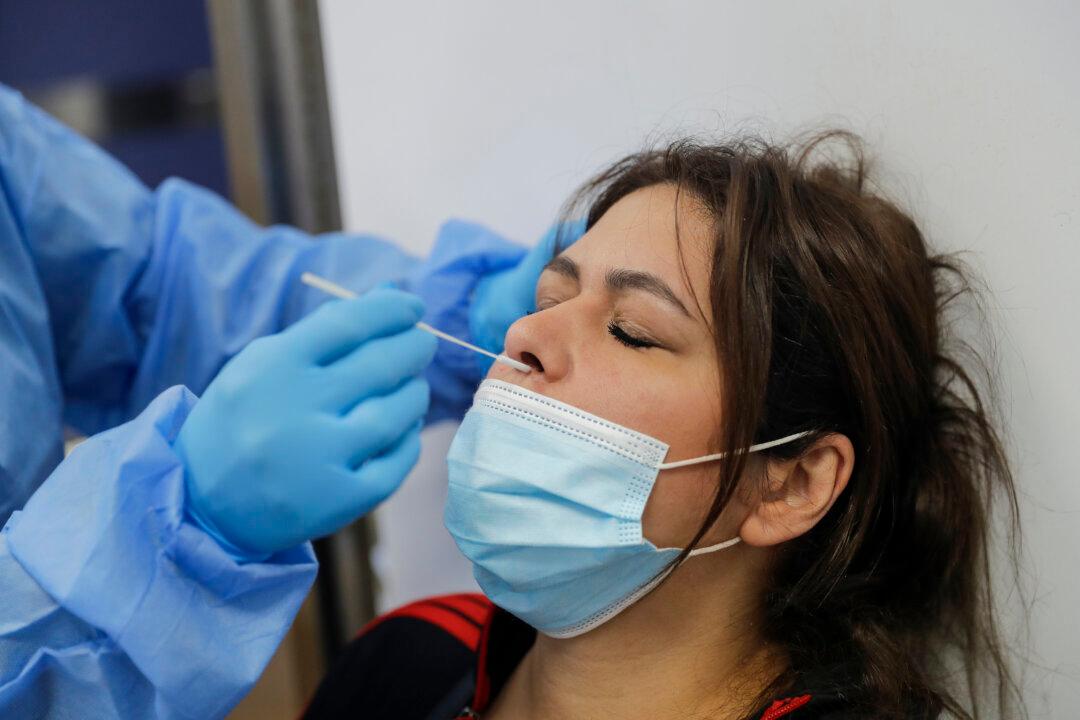The latest annual reports from three major pathology firms—that provided large-scale PCR testing during the pandemic—reveal bumper profits from the COVID-19 years.
Global pathology provider, Sonic Healthcare reeled in a record $1.46 billion (US$950 million) net profit—an 11 percent increase on the previous year—while its revenue was also up seven percent to $9.3 billion.





